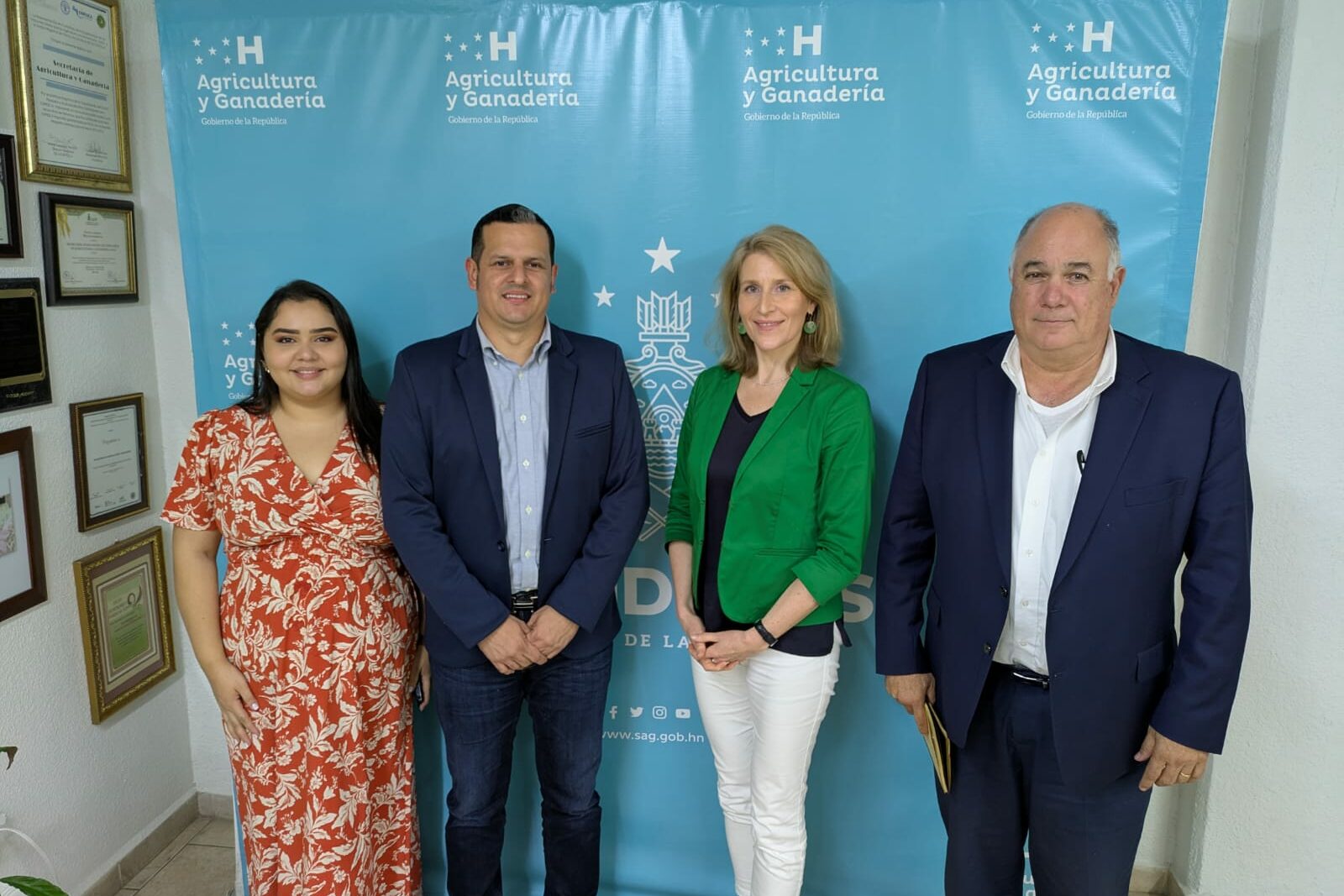
Through the signing of a Memorandum of Understanding between the Global Coffee Platform (GCP) and IHCAFE, a foundation for technical, financial, and administrative cooperation will be established to achieve sustainable coffee production in economic, social, and environmental terms.
Tegucigalpa, M.D.C., (November 19, 2024). The Global Coffee Platform (GCP) and the Honduran Coffee Institute (IHCAFE) have joined forces through the adoption of a Memorandum of Understanding. This agreement aims to lay the groundwork for technical, financial, and administrative cooperation in Honduras, facilitating joint actions and projects to promote sustainable coffee production. The partnership will focus on field research, scaling programs, and implementing sustainable practices in agronomy, post-harvest processes, and domestic commercialization.
The Global Coffee Platform (GCP) is a multi-stakeholder association dedicated to fostering coffee sustainability, working toward the vision of a prosperous, sustainable coffee sector for future generations. GCP brings together coffee producers, traders, roasters, governments, and NGOs to align efforts, multiply investments, and collectively address critical local priorities. By scaling local sustainability programs, the GCP also aims to expand the global market for sustainable coffee worldwide.
In Honduras, GCP’s goal is to support at least 80,000 coffee producers in reducing the living income gap by at least 50% by 2030. This aligns with GCP’s broader objective, which spans 10 coffee-producing countries.
Guillermo Alvarado Downing highlighted the urgent need for deep transformations in Honduran coffee production to face future challenges. The sector struggles with productivity issues and labor shortages. While IHCAFE is the Honduran institution with the technical and scientific resources to lead this transformation, the task is monumental. GCP is committed to collaborating with IHCAFE, jointly mobilizing technical and economic resources to develop more competitive and sustainable production systems and business models. These efforts aim to restore coffee production as a driver of development and prosperity for producers and their communities.
Adilson Ávila, General Manager of IHCAFE, emphasized the importance of sharing specialized technical materials to improve sustainable coffee cultivation practices. He also stressed the need to work with various organizations to foster sustainable development in coffee-growing regions. These activities are already being successfully incorporated into IHCAFE’s “Renew Without Stopping Production” strategy.

